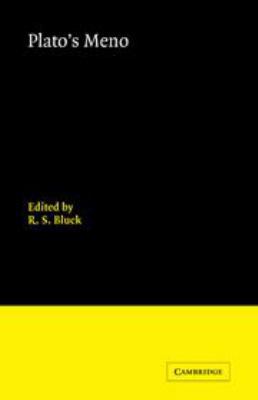All Formats & Editions
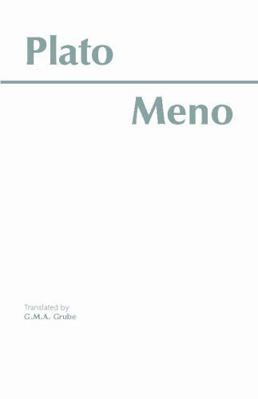

Meno
"We do not learn, and that what we call learning is only a process of recollection." Plato, Meno
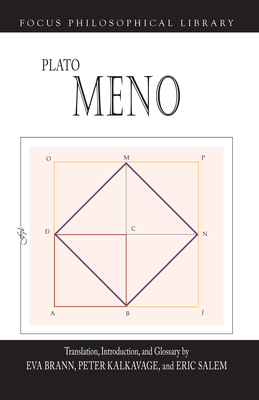
Plato: Meno
"The Meno holds a special place among the Platonic dialogues. It is the best introduction to Plato and provides a foundation for understanding the dialogues as a whole. Its central topic is virtue. The Meno makes us think about wisdom and the reputation for wisdom, teachers and...
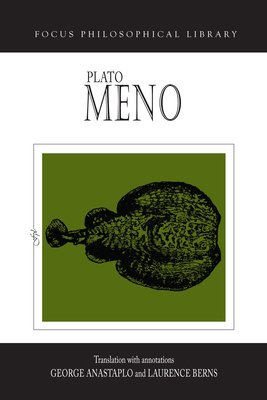
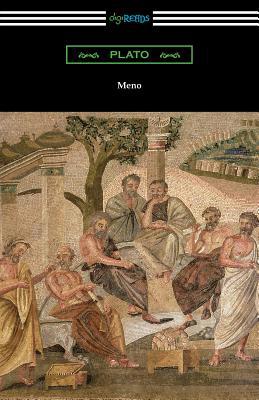
Meno
Plato's "Meno" is a Socratic dialogue between the two main speakers, Socrates and Meno, and explores the definition of virtue and whether it is something that can be taught. Meno is an attractive and well-to-do young man visiting Athens and is a student of the sophist Gorgias,...
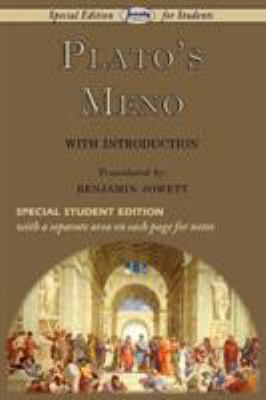
Meno (Special Edition for Students)
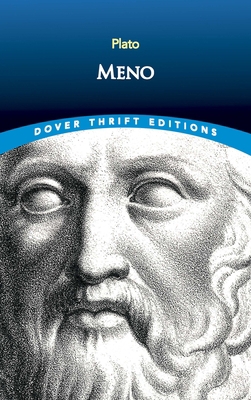
Meno
What is virtue? Can it be learned or is it innate? Is it possible to know things a priori (before experience)? In this important and influential Socratic dialogue, Plato addresses a wealth of philosophy's fundamental questions, including the difference between actually knowing...

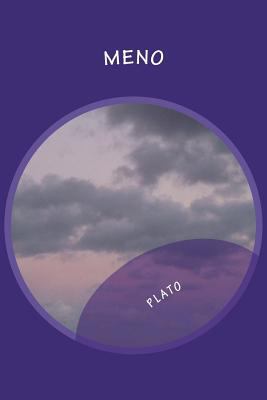
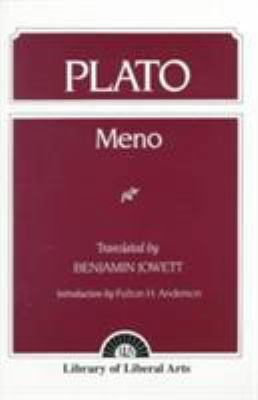
Plato: Meno
This book is Spiral Bound.
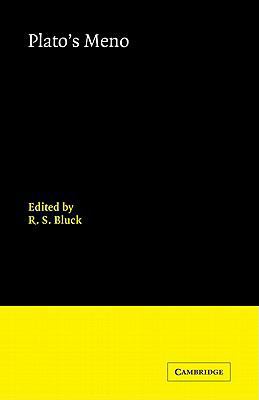
Plato's Meno
This 1961 edition of Plato's Meno was originally edited by R. S. Bluck, Senior Lecturer in Greek at the University of Manchester. Its value lies in the incredibly extensive preliminary chapters provided by Bluck, designed to truly enhance the reader's engagement with this ancient...

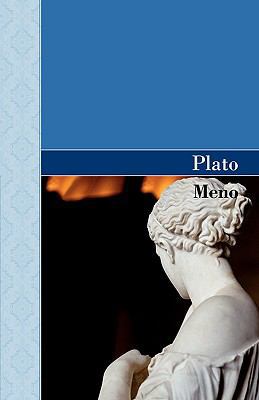

Meno
MENO: Can you tell me, Socrates, whether virtue is acquired by teaching or by practice; or if neither by teaching nor by practice, then whether it comes to man by nature, or in what other way?

Meno (Large Print)
Plato was a mathematician and philosopher in Ancient Athens. Traveling much in his life around the classical world at the age of forty he returned to Athens and founded the earliest known school of higher learning in the Western world, laying the foundations for philosophy and...
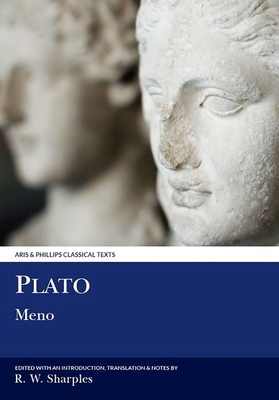
Plato: Meno
Plato's Meno is the dialogue which more than any other occupies a transitional position between the early Socratic dialogues and the developed middle period theory of the Phaedo, Symposium and Republic. It is thus of particular interest for the insights that it gives us into...
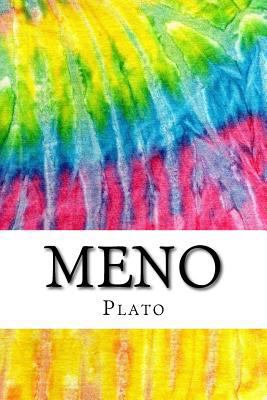
Meno: Includes MLA Style Citations for Scholarl...
![Ménon [French] 2080704915 Book Cover](https://m.media-amazon.com/images/I/616X90GGOBL._SL500_.jpg)
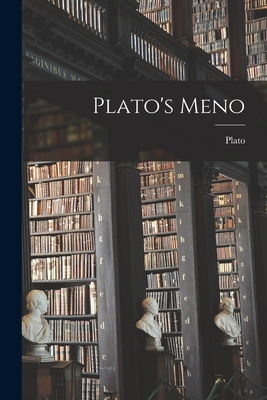
![Menon. [German] 3150020476 Book Cover](https://m.media-amazon.com/images/I/31EPvDdOlOL._SL500_.jpg)
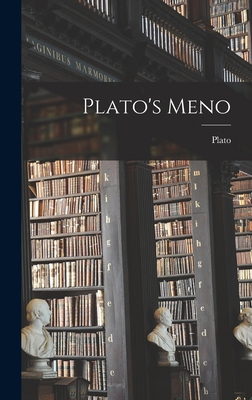
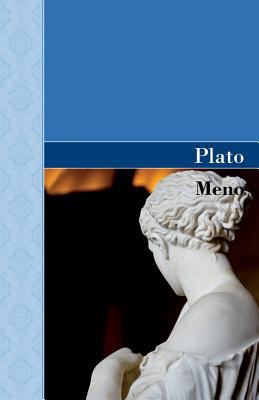
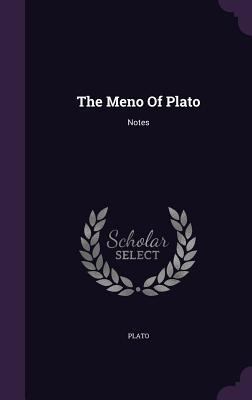
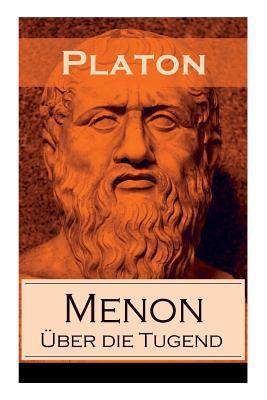
Menon - Über die Tugend: Über das Wesen der Erk...
